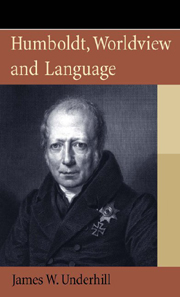Preface
Published online by Cambridge University Press: 12 September 2012
Summary
The global era might be seen as the era of language or the era of the threat to language, depending on what we mean by language. If we survey the astounding advances made in the field of communication with the advent of portable telephones, email, video conferences and IT, then we might be tempted to celebrate our era for brushing aside barriers to communication throughout the world. But if we consider language, not as communication, but as that specific system that evolves over time to give expression to a people's culture, its way of life and even its way of thinking, then our era looks somewhat less rosy. Some experts estimate that of the 6,000 languages now spoken in the world, no more than half will survive the twenty-first century.
English seems assured a future. Is it conceivable for the average English-speaker, that the language which gave the world William Shakespeare, Isaac Newton and Adam Smith should simply cease to exist? This, nevertheless, is the fate facing thousands of languages whose communities are either dying out or switching over to languages which have greater clout in the world of international commerce, languages which are likely to provide their speakers with greater hope of economic survival. One language (the work of centuries of thought and feeling refined into expression) simply dies out every two weeks it has been estimated. A library of a culture is burned down often without ever having been written.
- Type
- Chapter
- Information
- Humboldt Worldview and Language , pp. ix - xiiPublisher: Edinburgh University PressPrint publication year: 2009



